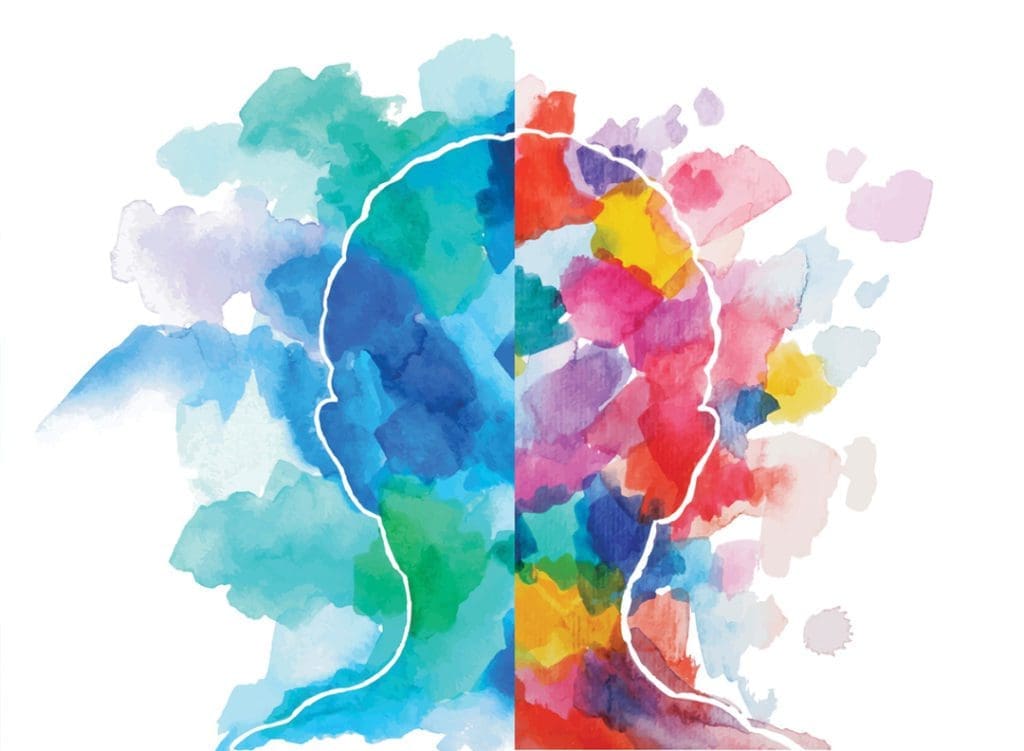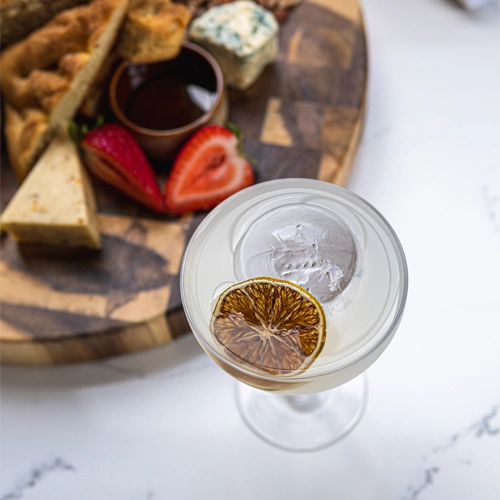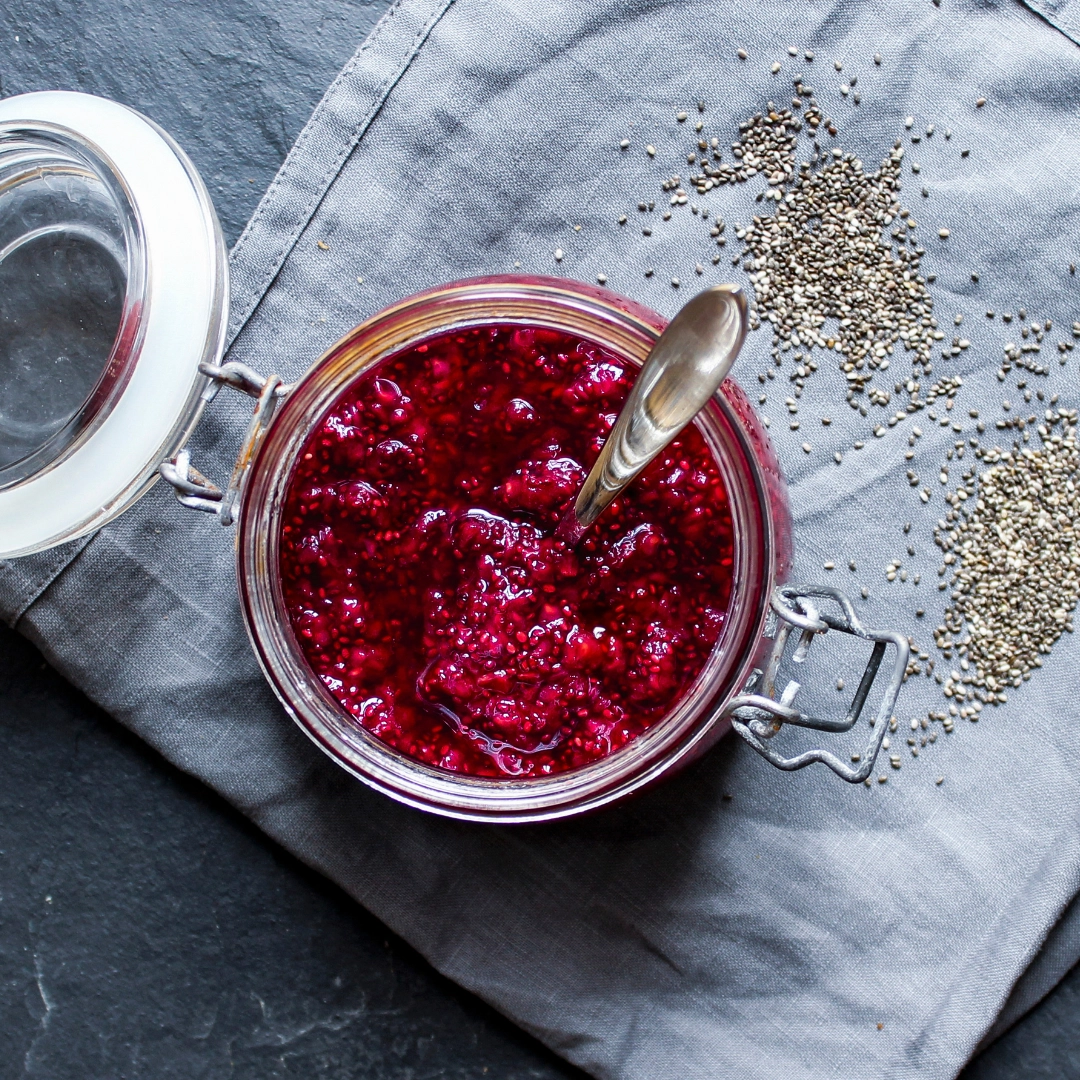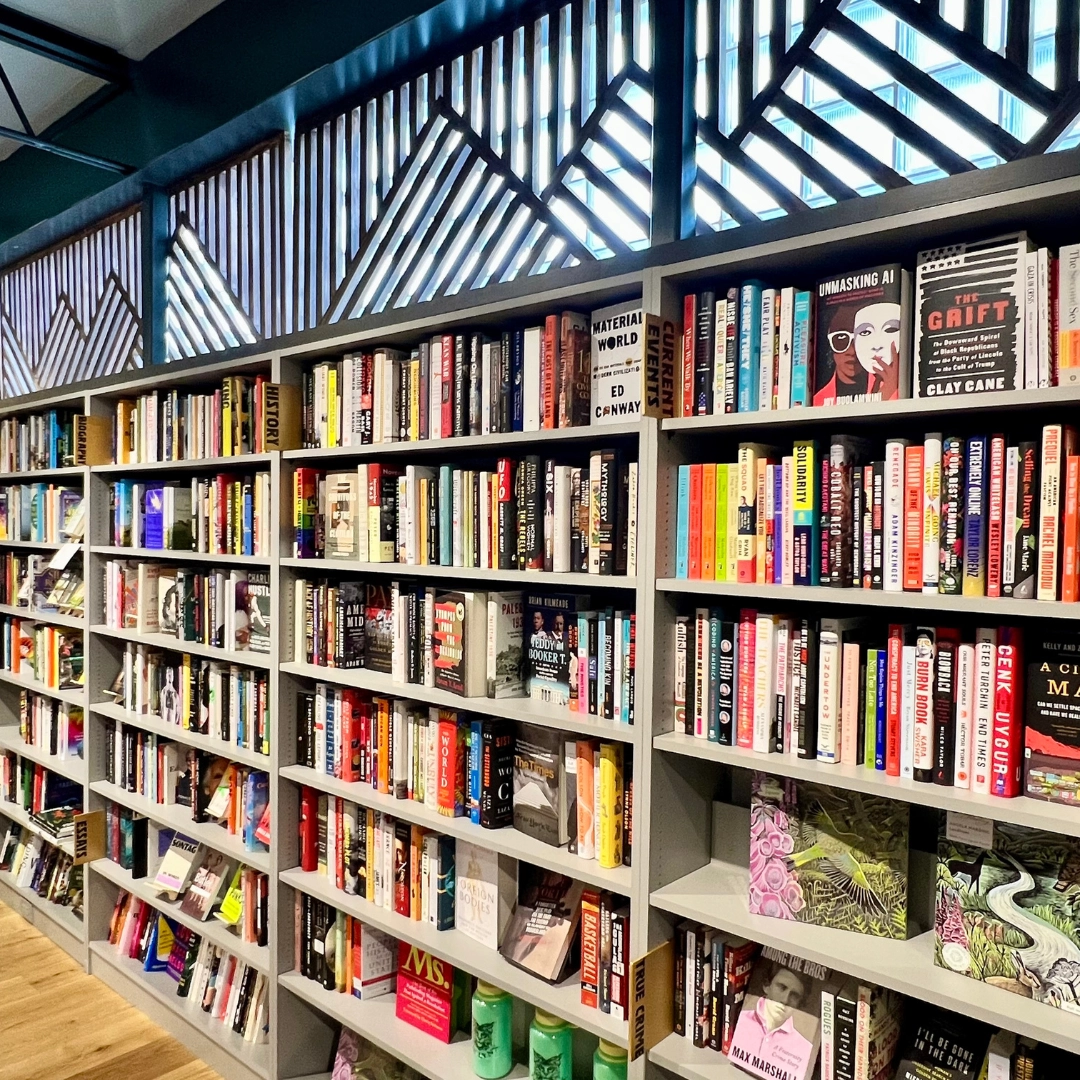by Diane Roberts | March 18, 2020
A Literary Love Affair
Bob Dylan and Shakespeare knew it all along: books and music are an inseparable couple

When Bob Dylan won the 2016 Nobel Prize in Literature, some prominent (I’m not saying jealous) writers rolled their eyes. Gary Shteyngart tweeted, “I totally get the Nobel Committee. Reading books is hard.” Irvine Welsh, of Trainspotting, snarked: “This is an ill-conceived nostalgia award wrenched from the rancid prostrates of senile, gibbering hippies.”
Oh, come now, gents: the Swedish Academy proclaimed Dylan “a great poet,” which is indeed a defensible position. The author of “Like a Rolling Stone” is a proud heir to the great medieval lyricists we study in English Lit., with lines like these from “It’s Alright Ma (I’m Only Bleeding)”:
Pointed threats, they bluff with scorn
Suicide remarks are torn
From the fool’s gold mouthpiece the hollow horn
Plays wasted words, proves to warn
That he not busy being born is busy dying
Literature and music have been all up in each other’s business for millennia. It’s a mutual obsession. Shakespeare, whose plays were supposed to be seen and heard, wrote terrific songs.
Take this one, from Antony and Cleopatra:
Come, thou monarch of the vine,
Plumpy Bacchus with pink eyne!
In thy vats our cares be drown’d,
With thy grapes our hairs be crown’d.
Every bit as good as my favorite Lou Reed song, 1980’s “Power of Positive Drinking,” which goes:
Some like wine and some like hops
But what I really love is my scotch
It’s the power, the power of positive drinking.
AN ORIGIN STORY
Not that it’s a contest, but we think that music preceded language. Archaeologists and evolutionary psychologists think we made rhythmic sounds first with our bodies, then with rudimentary instruments. The oldest instruments date from approximately 40,000 B.C. The oldest writing we have goes back a mere five millennia. Our most ancient stories—Gilgamesh, The Iliad, the Old Norse Edda—began as oral epics, chanted by poets and bards. They weren’t committed to papyrus or paper until centuries after their creation.
Sitting around reading a book is a relatively recent phenomenon. Before the middle class burgeoned in the 19th century and with it widespread literacy, literature belonged to the privileged. Two centuries ago, ordinary people might own a Bible and that’s about it. Music, on the other hand, was street. It belonged to everybody. The guy in the tavern could sing about Robin Hood or Barbara Allen, recounting stories as weird as any Homer dreamed up. For example, my favorite ballad, “The Two Sisters,” would make a hell of a magical realist novel/Netflix series. A jealous princess pushes her younger sister into the sea and watches her drown. A man finds her body and strings a harp with her hair (as you do) which, when played, sings out that the older sister is a murderer.
Humans tend to divide things into categories and want them to stay separate, the way a kid prefers the peas on her plate not touch the mashed potatoes. But that won’t work when it comes to music and literature. The same section of the temporal lobe that allows humans to memorize words and their meanings also helps us retain melodies, while the frontal lobe is in charge of lodging the rules of syntax and harmony in our unconscious. There are big differences, of course: language owns serious real estate in the left brain while the right brain is the kingdom of music and non-verbal communication. Still, music and writing are allied in transmitting feelings, experiences and images. Both transport us to realms of the imagination, expanding our understanding of what it is to be human.
Some writers listen to music while working. Stephen King rocks out to Metallica while weaving his nightmarish webs. I write to English choral music unless I’m doing a political column, then it’s the Clash. This ain’t a one-way street, either: musicians are famously inspired by literature. There’s Aaron Copland’s “Twelve Poems of Emily Dickinson,” Verdi’s Otello, and who can forget 1980s songstress Kate Bush’s “Wuthering Heights”? (“Heathcliff! It’s me, Cathy!”)
DYNAMIC DUO
What we have here is a co-dependency, two art forms that can’t quit each other. Praise the Muses, Tallahassee’s annual Word of South festival honors this symbiotic relationship in a way that makes both hemispheres of the brain light up like a millionaire’s Christmas tree. Novelists share a stage with musicians, poets and jazz artists interview each other: As Word of South founder Mark Mustian says, “Rather than being just like every other book festival, we decided to try and be something different. We’ve had authors sing and musicians read.”
Mustian, a lawyer and former Tallahassee city commissioner whose musical experience includes playing trumpet in the Leon High School Redcoat Band, used his own cash to kick-start the fest in 2015. A novelist, Mustian wanted Tallahassee to host a nontraditional book festival: not just words on the page, but chords ringing out. “It started out as an experiment,” he says, “but we’ve discovered over six years that music with literature works extremely well. We tell the authors and musicians that they can do whatever they want together (yodel, shout, swear, scowl and mutter), but it’s been special every time.”
Mustian’s favorite was in 2015 when Jeff VanderMeer, bestselling author of the Annihilation trilogy and Dead Astronauts, appeared with the guitarist Vernon Reid—“Reid’s one of the best in the world and came to the festival for near-nothing. When I asked him why he did it, he said no one had ever asked him to do anything like that before.”
In the interest of full disclosure, I must tell you that Mark Mustian is a friend of mine, and I’m biased. I love Word of South. What other literary confab would get a mini marching band to play “Yea Alabama,” “On Wisconsin” and the FSU fight song in between me reading from my book Tribal: College Football and the Secret Heart of America? What other event would encourage John T. Edge, presiding genius of the Southern Foodways Alliance, to declaim from his book The Potlikker Papers on Lester Maddox’s segregated chicken shack while Lee Bains III and the Glory Fires, a punk band from Birmingham, Alabama, raged on stage? Where else would the National Book Award laureate Bob Shacochis read from The Immaculate Invasion, a tour de force dissection of America’s disastrous involvement in Haiti, alongside RAM, the renowned Haitian roots band who have long resisted both Yankee colonialism and corruption in Haiti’s government?
It’s true that, as Mustian says, “writers openly want to be rock stars.” The band Rock-Bottom Remainders (now more or less disbanded) at one time included Stephen King, Amy Tan, Dave Barry, James McBride and Barbara Kingsolver and would play to raucous book fair crowds. Bruce Springsteen reportedly told them, “Your band’s not too bad. It’s not too good either.” The Dog House Band, featuring novelist David Gates and New Yorker book critic James Wood, played the inaugural Word of South festival.
It’s also true that rock stars want to be writers. Patti Smith, Chrissie Hynde, Carly Simon and Keith Richards all produced well-reviewed memoirs, as did two-time Grammy winner Rita Coolidge. Another award winner, funkmaster George Clinton, who’s lived in North Florida for 25 years, read from his Brothas Be, Yo Like George, Ain’t That Funkin’ Kinda Hard on You? at Word of South. I’m not joking when I say the hits keep on coming.
It’s clear to me the dynamic interaction of words and song creates an art experience not bound by the rules of either. As Mustian says, “Something about music seems to bring out nuances of the writing that otherwise might not be apparent, and vice versa.”
The troubadours, Shakespeare and Bob Dylan would surely agree.





